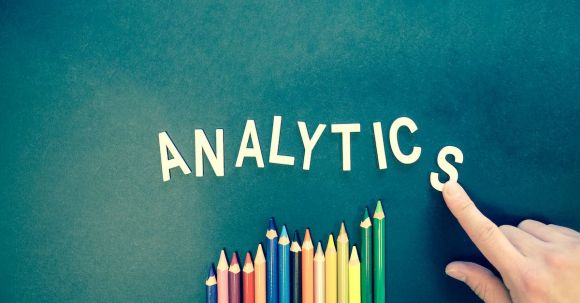In recent years, the use of predictive analytics in policing has become increasingly widespread. This technology utilizes complex algorithms and data analysis to predict future criminal activity. While it has the potential to enhance law enforcement efficiency and effectiveness, there are also significant ethical implications that need to be considered. In this article, we will explore the ethical concerns surrounding the use of predictive analytics in policing.
Presumption of Guilt
One of the primary ethical concerns of predictive analytics in policing is the potential for a presumption of guilt. By relying heavily on data analysis, there is a risk that individuals may be unfairly targeted based on factors such as their race, gender, or socioeconomic status. This raises serious questions about due process and the presumption of innocence, fundamental principles of any fair justice system.
Discrimination and Bias
Another ethical issue is the possibility of discrimination and bias in the predictive analytics process. Algorithms are only as good as the data they are trained on, and if that data contains biases or reflects existing inequalities, the predictions made by the system may perpetuate and even amplify those biases. This could result in the over-policing of certain communities or the under-policing of others, further exacerbating existing social disparities.
Transparency and Accountability
The lack of transparency and accountability in predictive analytics systems is also a cause for concern. The algorithms used in these systems are often complex and difficult to understand, making it challenging for individuals to challenge or question the decisions made by the technology. Additionally, the use of proprietary algorithms by private companies in collaboration with law enforcement agencies further complicates the issue, raising questions about who has access to the data and how it is being used.
Privacy and Surveillance
Predictive analytics in policing often relies on extensive data collection, including personal information and social media data. This raises significant privacy concerns, as individuals may be unaware that their data is being used to make predictions about their likelihood of engaging in criminal activity. Furthermore, the potential for mission creep, where data collected for one purpose is used for another, can lead to unwarranted surveillance and infringement on civil liberties.
Impact on Policing Strategies
The use of predictive analytics may also have unintended consequences on policing strategies. By relying solely on data-driven predictions, there is a risk of neglecting other factors that influence crime, such as social and economic conditions. This narrow focus may result in a disproportionate allocation of resources, leading to a neglect of community policing efforts and the potential for a strained relationship between law enforcement and the communities they serve.
Mitigating Ethical Concerns
While the ethical concerns surrounding predictive analytics in policing are significant, they are not insurmountable. To address these issues, transparency and accountability should be prioritized. Law enforcement agencies should be transparent about the data sources and algorithms used in predictive analytics systems, and there should be mechanisms in place for individuals to challenge or appeal the decisions made by these technologies.
Additionally, steps should be taken to ensure that the data used for training these systems is representative and free from biases. Regular audits and reviews of the algorithms can help identify and address any biases that may emerge. Furthermore, there should be clear guidelines and regulations governing the use of predictive analytics in policing to ensure that it is used responsibly and ethically.
Conclusion: Balancing Efficiency and Ethics
Predictive analytics in policing has the potential to revolutionize law enforcement, but it also raises significant ethical concerns. The presumption of guilt, discrimination and bias, lack of transparency and accountability, privacy and surveillance, and the impact on policing strategies are all important considerations. By addressing these concerns and finding a balance between efficiency and ethics, we can harness the power of predictive analytics while ensuring that it is used in a fair and just manner.





